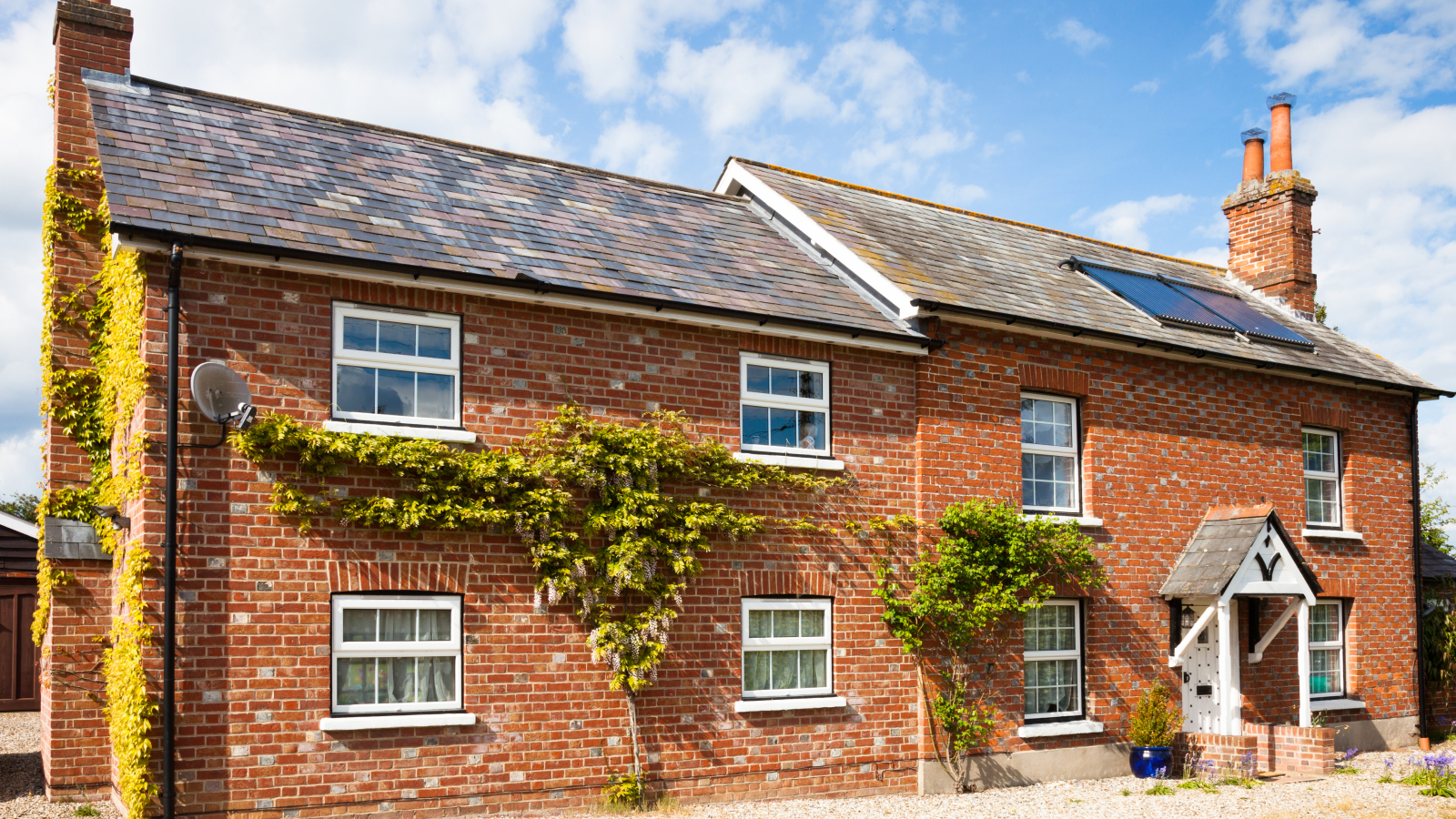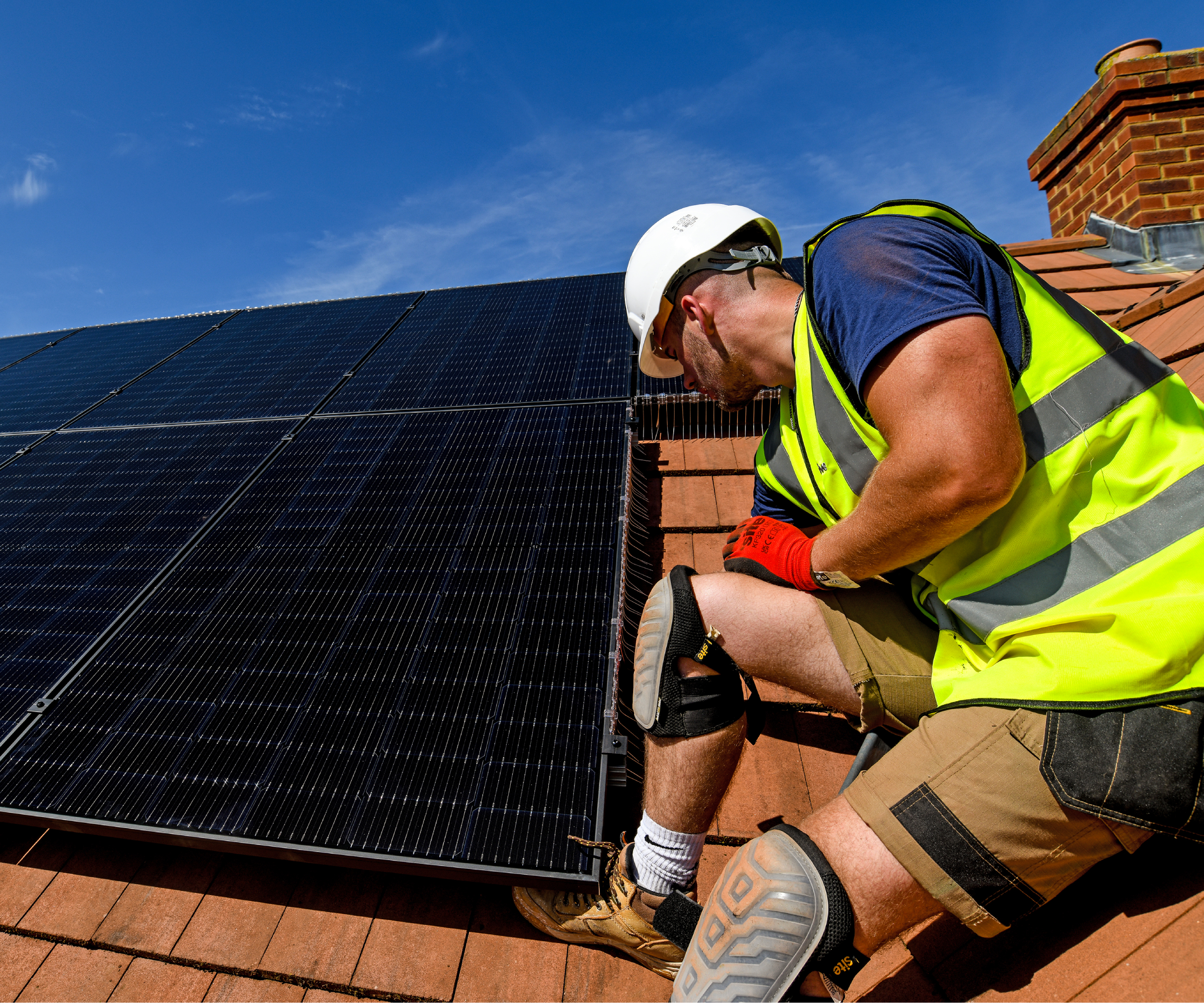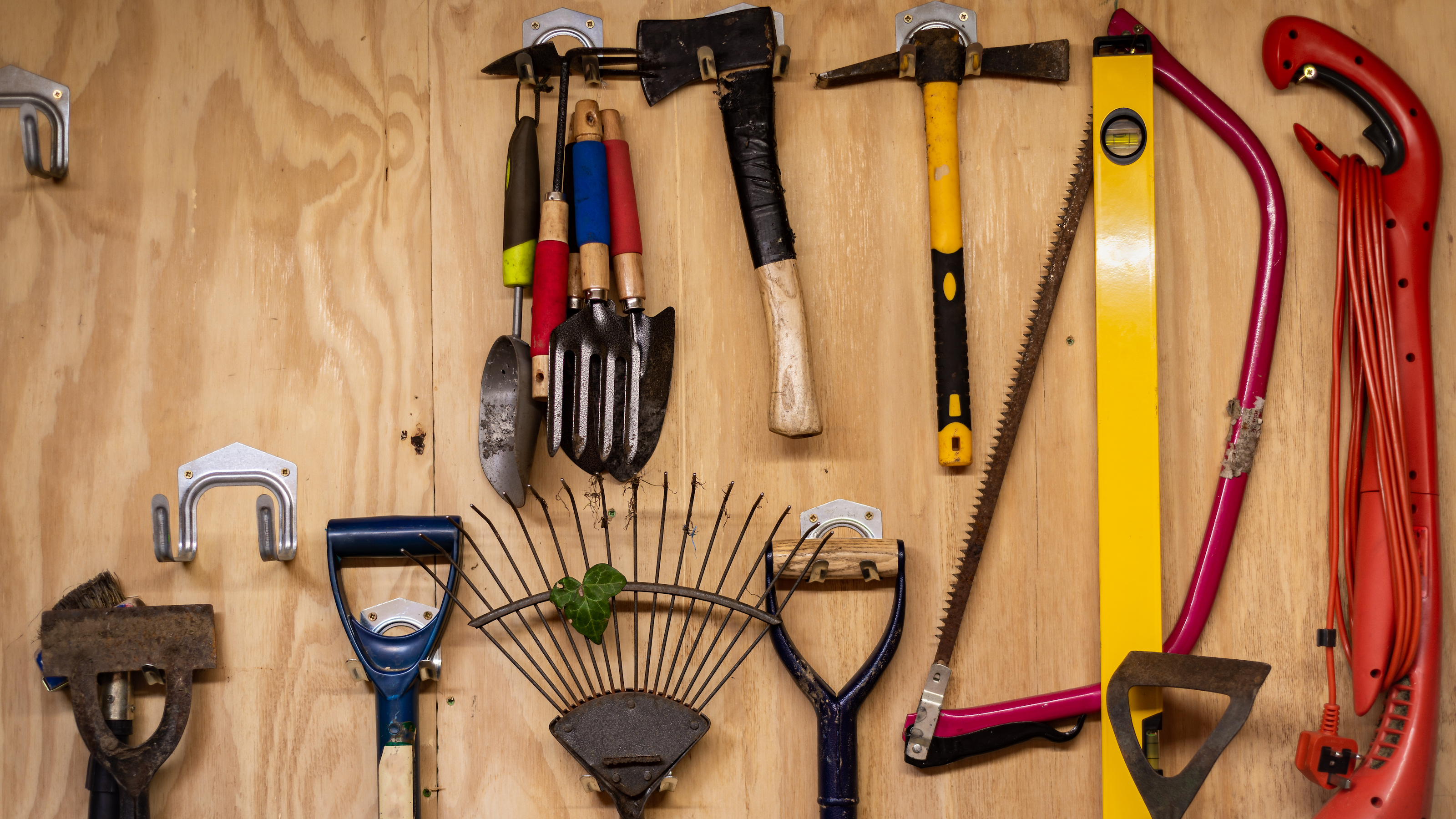Do solar panels add value to your home? We ask the experts
Do solar panels add value to your home? If so, how much value, are there ways of maximising this and should we all be looking to install them?

Do solar panels add value to your home is is a common question asked by homeowners considering their renewable energy options. While experts say the answer is yes, does it mean you should always install them or are there situations when they may not be considered an asset?
Although research would suggest solar panels are steadily rising in popularity, there will still always be buyers who find the panels unappealing. But in a world where building green homes is becoming essential, is it a good idea to always add them if you can?
We take a look at how you can make sure solar panels add value to your home.
Do solar panels add value to your home?
Figures from the Microgeneration Certification Scheme (MCS), the regulating body for low-carbon products reveal that installation numbers for solar panels are on the rise. April 2024 alone saw more installations than in the previous three months combined, suggesting homeowners are recognising the value of adding solar to their homes.
Although installing solar panels requires upfront investment, the fact more of us are making the switch to solar suggests we see them as having value both now and in the long term.
How much value do solar panels add?
The good news is, as well as solar panels making your home more likely to make it onto a buyer's wish list, there is also a financial uplift.
Research on the subject returns a variety of different numbers, but it's clear that when it comes to myths about solar panels, it's no longer true that solar panels devalue a property.
The fact is, it's the opposite. But by how much?
A report by Octopus Energy produced in collaboration with the Sustainable Markets Initiative shows that solar panels can add £1,350 - £5,400 (0.5 - 2.0%) to the value of an average home.
The inrease in value is backed up by Marc von Grundherr, director of property company, Benham and Reeves, who tells us, “solar panels have grown increasingly popular amongst many homebuyers, particularly following the steep hike in energy costs that many households have faced in recent times.
"It’s estimated that adding solar panels to your property can boost its market value by around 4%," he says, "which equates to £11,500 on the current average UK property."
Other figures shared are greater, with a value of 25% given by Dan Hopcroft, Zero Carbon Homes director at EDF, who quotes a survey from Admiral Money that looks at how a number of eco-friendly measures affected property value.
As part of the survey, the sale price of homes with different energy-saving features across 13 UK cities was compared with like-for-like properties in the same area that didn’t have them.
The research showed: "solar panels are the best green investment for sellers; homes with these were selling at an average of 25% more compared to similar properties in the same area without them."
And, our desire for energy efficiency doesn't just stop at solar, with the survey also claiming, "three-quarters (76%) of buyers would be more likely to buy a property with energy-saving measures."
Similar figures in the BOXT energy report recorded a 14% uplift in value in 2023, making it clear that the answer do solar panels add value is categorically, yes.

Marc von Grundherr is the Director at Benham and Reeves. Marc joined the business in 1995 and has extensive knowledge of the London and UK property market.
How can I make sure solar panels add value?
While government data shows solar panel costs have dropped by 73% in the last 10 years, you will still need to make sure your investment maintains its value in order to get the best return.
Experts recommend ensuring you clean solar panels well, undertake regular checks using a registered installer and take measures to protect them from nature, such as knowing how to pigeon-proof solar panels.
It's also important to ensure that you use a professional company to install your solar panels as it's not a job that you can tackle yourself. "And don't be tempted to take them to your new home if you move," says an Octopus Energy expert, they are designed and fitted specifically to suit your home."

Does the uplift in property value mean I will get a return on my investment?
The answer to this depends on a number of variables and whether you are renovating or building a property to live in or to sell.
"Added value doesn’t account for cost of implementation," notes Marc von Grundherr, "which will set you back around £7,000 all in all. Once accounted for, that’s nonetheless still a potential of £4,000 added to the value of your home based on the average added value."
However, if you are renovating a property on a budget, is it still worth installing solar panels?
"If you only have a limited budget, it may be wise to invest in other fabric first energy efficient measures such as insulation and draught proofing," says Marc Von Grundherr. "That way you can assure buyers all the necessary measures are in place if they want to add solar or switch to other sustainable heating systems once they've moved in.
"It's also worth taking a good look at the local housing market to see what's on offer in other properties, and asking your local estate agents what buyers in the area are looking for before you decide to invest.
"While solar panels can make for a very worthwhile investment when you look at the top-line numbers, it’s also important to remember that the perceived value will vary from one buyer to the next" adds Marc. "The reality is you’re not always guaranteed to boost the value of your home to the expected extent.”
How long is the payback time if not selling?
An Octopus Energy expert tells us: "We compared the typical installation cost and annual bill savings for our most common solar system in different scenarios and found that the payback period varied from 9 - 11 years, depending on the energy tariff."
In all cases, the payback time compared to the cost of solar panels is calculated based on the number of panels installed, the amount of energy generated, how much energy you use annually and any money you get back by joining the Smart Export Guarantee Any reputable installer will be able to calculate the figures for you but it is entirely unique to each property .
But, the fact the gas boiler ban will prevent them being installed in new homes from 2035, rising gas and electricity costs and environmental concerns surrounding fossil fuels, means there's no question as to whether sustainable energy should feature highly on your agenda for any new property.
"Of course," adds Marc, "one thing that has to be taken into account is the cost saving with respect to reduced energy bills whilst living at the property." This is of value to whomever lives at the property - be this you, or new owners.
"As soon as your solar panels are installed, you’ll be able to reap the benefits either by using the electricity generated in your home (and therefore saving on bills), or selling the electricity back to the grid for a profit," says an Octopus Energy expert. "A typical household would see annual savings of around £900 (almost 10%) on their energy bills."
To find about more, find out the differences between solar thermal vs solar pv and kick start your solar investigations by taking a look at your solar panel roof suitability.
Get the Homebuilding & Renovating Newsletter
Bring your dream home to life with expert advice, how to guides and design inspiration. Sign up for our newsletter and get two free tickets to a Homebuilding & Renovating Show near you.

Sarah is Homebuilding & Renovating’s Assistant Editor and joined the team in 2024. An established homes and interiors writer, Sarah has renovated and extended a number of properties, including a listing building and renovation project that featured on Grand Designs. Although she said she would never buy a listed property again, she has recently purchased a Grade II listed apartment. As it had already been professionally renovated, she has instead set her sights on tackling some changes to improve the building’s energy efficiency, as well as adding some personal touches to the interior.
